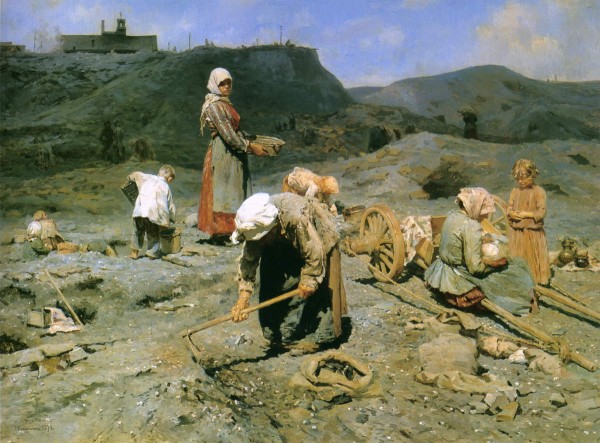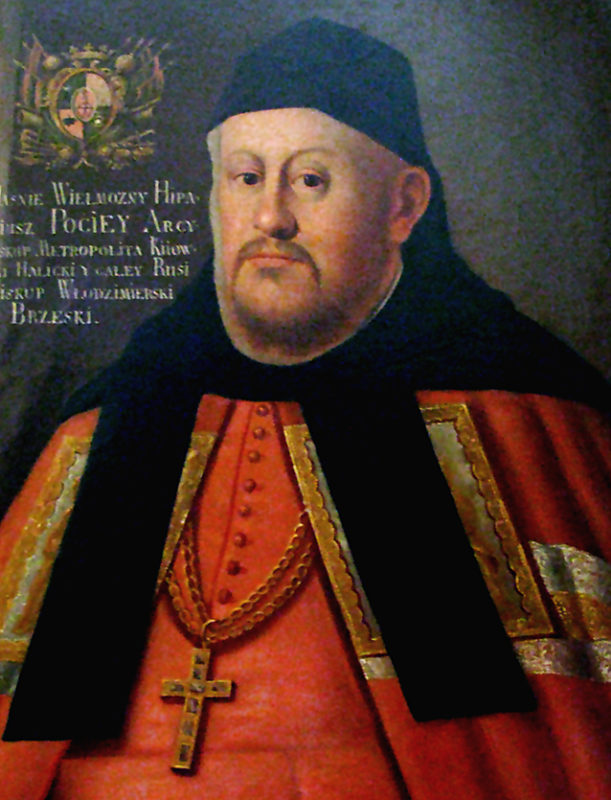The European Commission claims that the “Save Gas for a Safe Winter” plan is based on consultations with EU countries. And the latter stated the European Commission did not ask for their opinion about this plan.
On July 20, the European Commission (EC) announced a “gas demand reduction plan” in case supplies from Russia are cut. The new regulation will oblige all EU member states to cut gas consumption by 15% from August to March next year.
The European Commission claims that the “Save Gas for a Safe Winter” plan was drawn up after consultations with EU member states and industry representatives. First, EU members must exhaust all possibilities to substitute gas with other fuels, save energy during the summer, or switch to alternative energy sources. Priority should be given to cleaner and less carbon-intensive energy sources. However, a transition to coal, oil and nuclear power may be needed as a temporary measure.
Everyone will have to save – both industry and households. The EC has called on all European countries to launch propaganda campaigns, convincing the population of the importance of massive cuts in heating and cooling. To set a good example, EU member states can prescribe savings on heating and cooling in buildings run by public authorities.
The European Commission sees a big advantage in reducing gas consumption – it will make it easier to achieve climate neutrality by 2050 and reduce emissions by at least 55% by 2030.
The European Commission wrote in a statement that the proposed plan “aims to accelerate the installment of renewable energy across the EU and the deployment of energy efficiency investments.”
Spain, represented by Spain’s Minister of Ecological Transition Teresa Ribera, was the first to respond to the proposal. Its response was very sharp.
The European Commission proposal undermined the usual softness and kind words in relations between Spain and the European Commission, writes the Spanish El Pais. According to Ribera, the proposed measure is not the most effective and fair.
Spain, she said, defends European values and will show solidarity with the rest of the Union, “but not at the expense of household and industrial consumers,” who have long paid a “very high bill” and who “do not deserve restrictions without rationing.”
The publication writes that a reduction of gas consumption by 15% had already been announced at the beginning of the month by experts of the Bruegel think tank in Brussels. But the analysts thought that 15% should be an average figure for Europe, because each country will reduce its consumption depending on the amount of Russian gas consumed. For example, the Baltic states were to reduce their consumption of Russian gas by 54%, while the countries on the Iberian Peninsula, which depend little on Russian gas, were to see almost no reduction.
However, the EC opted for a linear decrease in consumption, which irritated Madrid and not only Madrid. Portugal, Greece and Poland [as well as Hungary] have already opposed the proposal.
The Spanish government has a number of reasons to object to Brussels’ proposal. First and foremost, the EC did not ask for the opinion of the EU member states about its plan. “We cannot make sacrifices on which they have not asked us for our opinion,” said Ribera. Second, Madrid considers it unfair that all countries are required to reduce consumption in the same way, despite each country’s many specific conditioning factors.
“What is the point of requiring Spain and Portugal to do the same thing as Cyprus or Malta?” El Pais quoted sources in Spain’s economy ministry as saying.
The third reason is that Brussels has not taken into account the enormous cost to Spanish consumers of a strong network of regasification terminals for liquefied natural gas. This network now allows Spain to weather the energy crisis more calmly.
“Spain is a country committed to solidarity, but we have to understand how best to show solidarity, which probably has more to do with the possibility of using our infrastructure to support member states that depended on gas coming through the pipeline,” the head of the Spanish Ministry of Energy said.
Neither was Portugal able to agree to this proposal. The proposal is “not viable,” Portugal’s Secretary of State of Energy João Galamba said.
“This cannot apply to Portugal. Portugal is against this proposal of the European Commission because it does not take into account the differences between countries. We are absolutely against it,” Expresso quoted the secretary of state as saying.
Greek government spokesman Ioannis Oikonomou also said his country does not support the European Commission’s proposal for voluntary consumption cuts.
“The Greek government does not agree in principle with the European Commission’s proposal of a 15% reduction in the use of natural gas. We submitted several proposals regarding both the price and the economic component of the purchase of natural gas, as well as the supply. We will adhere to these offers,” Oikonomou said.
Poland perceived the proposal of the European Commission as Germany’s desire to force Poland to sell its accumulated gas. This was stated by Deputy Minister of Justice of Poland Sebastian Kaleta.
According to him, the European Commission proposes that EU countries save gas in order to transfer it to those countries that will not have enough gas in the coming season.
“Of course, we know which country we are talking about. That country is Germany. This is a de facto initiative of Germany. Once again we see that the European Commission is instrumentally used by Berlin in order to pursue German interests,” Kaleta said.
It will be known next Tuesday, July 26, whether the proposal will be accepted in its entirety by the European Union. The plan must be approved at a meeting of EU energy ministers (a simple majority will suffice) or rejected.
Source: Rossa Primavera News Agency




